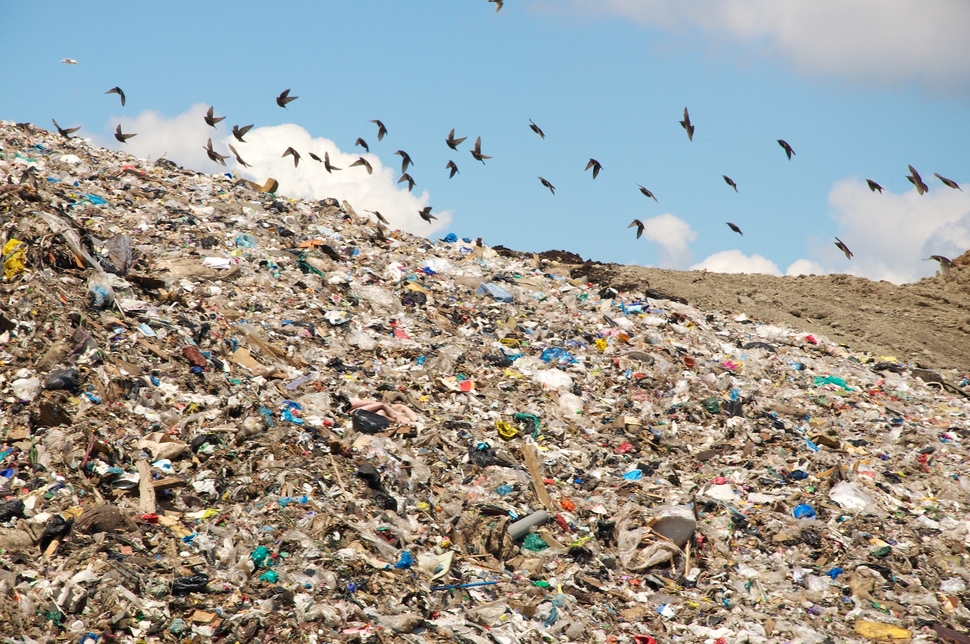The whole subject of waste is nowadays full of contradictions. People don’t like it, it’s dirty, smelly, annoying, etc.. But it also offers a huge potential. This potential is based on the definition of waste: one can say it’s dismissive (worthless), but one can also define waste as a ‘lost opportunity’, thereby showing the potential of it. One of the most important lessons that we can learn from nature is to see waste as an opportunity.
Everybody remembers the diagrams from biology lessons that showed the hydrological, nitrogen and carbon cycles. These biological systems are all complex, closed-loop systems. The same can be said about ecosystems. Everything has a role, is used in a certain way, and when that is done, it is used in a different way. But nothing gets lost.
Another characteristic of nature is that it will use what is abundant. If there is an unused resource, an organism will arrive to occupy that niche and will evolve to benefit from the advantages provided by that resource. This is not widely used in for example architecture yet. There are only few architects that use abundant materials.
For many people this will be a questionable idea. Cause nature uses biodegradable materials, that can relatively easily be re-used, or decomposed to its raw material. But I think there is a great opportunity here to get rid of waste. If we start looking at waste as valuable materials, we will change the way we treat our world now. By re-using the materials, in whatever way, we can use fewer resources and will increase our resource efficiency. With new uprising technologies, especially in biodegradable materials, new opportunities arise to support this idea.
When I’m writing this I’m even imagining a world, where ‘waste’ is a source of income. Kids go out on the streets, trying to gather some waste, so they can hand it in to get some pocket money. If someone ones to make a bench for in the garden, he takes his waste and trades it for wood. We go back to dealing in valuable resources (raw materials) with each other. It’s a controversial idea, which will probably never get so far, but it’s interesting to think about.
